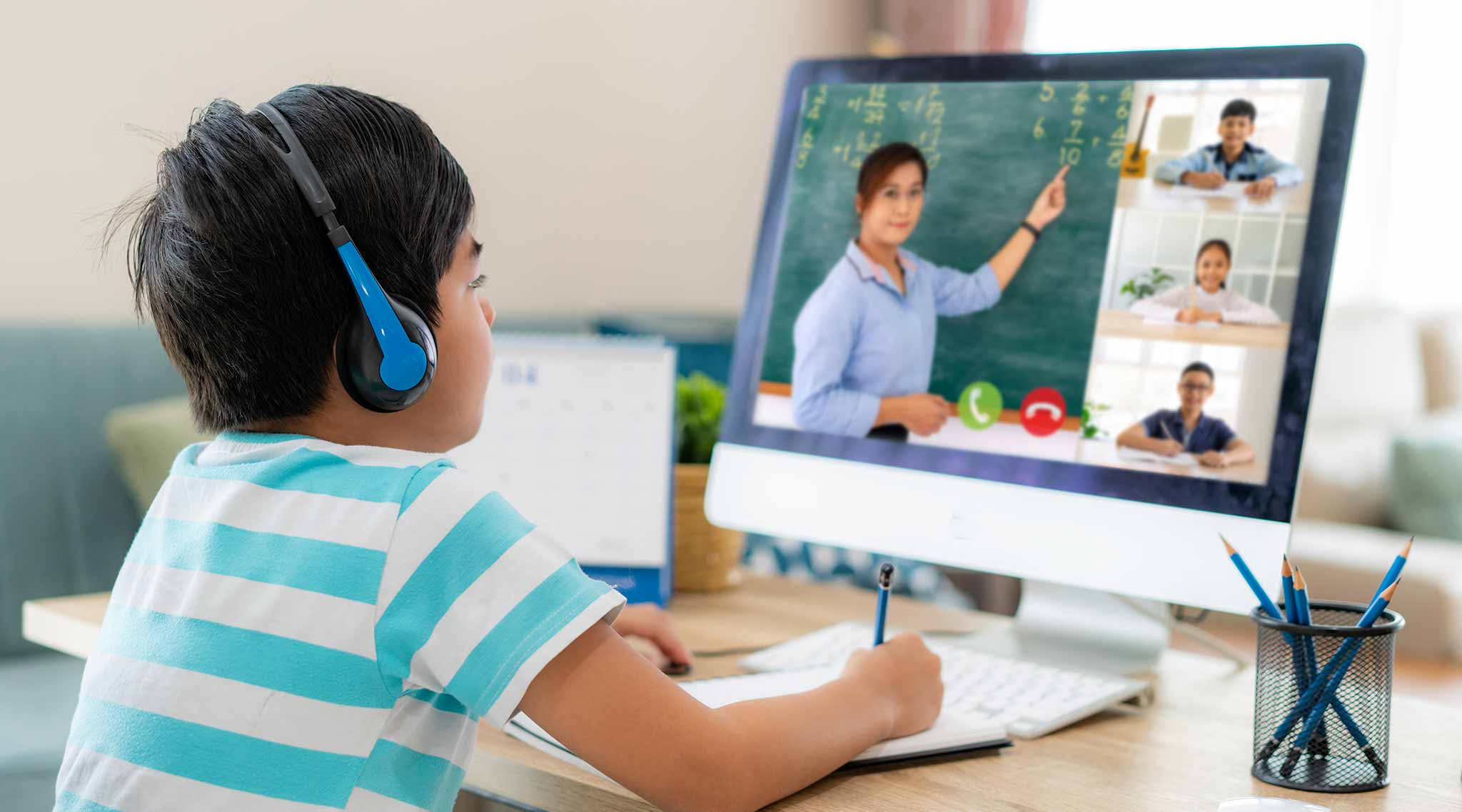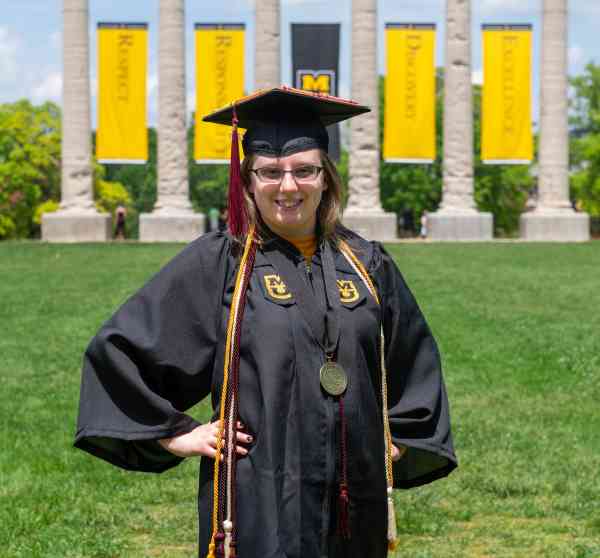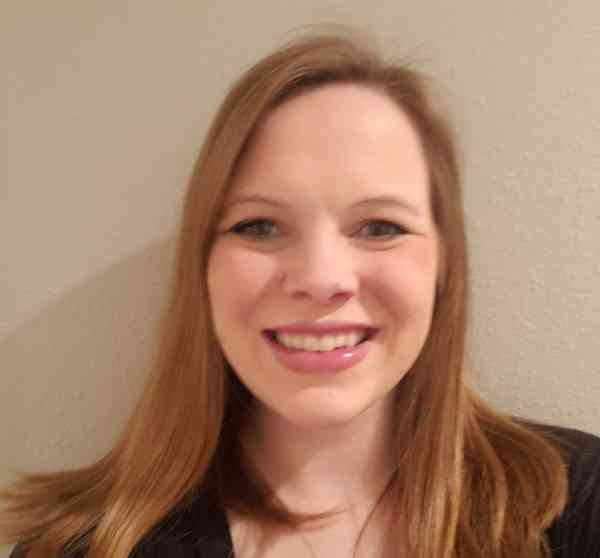Get started with Mizzou
Apply hereBachelor of Science
We live in an increasingly mobile society. For adults, this means moving for a variety of reasons. Employment, affordable housing or to follow a military assignment. These factors trickle down to the lives of children, too. They influence their family dynamics, educational opportunities and socioemotional health. Mizzou's online Bachelor of Science in Human Development and Family Science with an emphasis in Early Childhood Education in a Mobile Society trains educators and administrators of preschool, Head Start, after-school and similar educational programs to create safe, dynamic and compassionate settings where all children can thrive.
Offered through Mizzou’s participation in the IDEA consortium, this degree completion program additionally accommodates adults on the move or who live far from a college campus. For those with a minimum of 30 credit hours of undergraduate course work, you’ll take fully online courses through Mizzou and partnering universities and complete one practicum field experience and a capstone at early childhood programs close to home.
Please note: This program does not lead to teaching certification.
About the online bachelor’s in early childhood education in a mobile society
The online bachelor’s in early childhood education in a mobile society trains you to support every child in your classroom or early childhood program. You’ll learn to develop respectful, engaging environments that encourage curiosity and foster personal growth. You’ll also understand how to connect with families and uplift the surrounding community.
Mizzou's Department of Human Development and Family Science within the College of Education and Human Development created this degree program to fill a need. As our society becomes increasingly mobile, children need stability and support in every facet of their lives. And the skills you develop in this program can help all learners, not only those experiencing a dramatic change due to a move. This program:
- Introduces you to factors that influence childhood development and learning.
- Instructs you in creating healthful, intellectually stimulating learning environments for children up to eight years of age.
- Emphasizes the importance of partnering with families and other community professionals to support the development of each child.
- Trains you to develop assessments designed to influence each child’s progress.
- Equips you to work with children from a variety of backgrounds and family compositions.
- Helps you translate research, theory and observations into learning environments that promote early childhood development.
- Provides a holistic, intersectional view of early childhood learning, exploring topics related to personal growth, curriculum, educational activities, technology use, age-appropriate experiences, family and assessments of children in various contexts.
Quick facts
Official name
Bachelor of Science in Human Development and Family Science with an emphasis in Early Childhood Education in a Mobile SocietyCampus
Program type
Bachelor's degreeAcademic home
College of Education & Human Development | Department of Human Development and Family ScienceDelivery mode
100% onlineAccreditation
Higher Learning CommissionFreshman credit hours
120Freshman estimated cost
$53,760.00Transfer credit hours
66Transfer estimated cost
$29,568.00*This cost is for illustrative purposes only. Your hours and costs will differ, depending on your transfer hours, your course choices and your academic progress. See more about tuition and financial aid.

Career prospects
Prepare to nurture and guide children from preschool through early elementary years in various early education, after-school, care and agency environments, particularly in communities with highly mobile populations.
Along with helping you complete your bachelor’s degree, this program gives you an edge in a field predicted to see steady demand over the next decade. The Bureau of Labor Statistics estimates 6% more positions for childcare workers and 8% more for preschool and childcare center directors.
Positions may include:
- Early childhood education centers or in-home programs
- Family childcare educators
- Infant/toddler specialists
- Head Start and Pre-K programs
- Childcare resource and referral agencies
- Early childhood program directors
- Before- and after-school care programs
Program structure
Entry into the program requires at least 30 completed credit hours of undergraduate course work from Mizzou or transferred from another institution.
Once enrolled, you’ll complete all course work online, including through other universities taking part in IDEA. You may fulfill requirements through semester-based courses. Start and finish dates vary based on the university overseeing the course.
Field experiences in Practicum II and the Capstone course are completed face-to-face, according to the observation hours required. Two distinct field experiences place you with professional early childhood programs working with children and their families. Here, you will observe and interact with children and eventually provide leadership in an early childhood program. In the process, you will practice all theories and techniques acquired through the degree program.
Coursework includes
- Developing programs in relation to community needs.
- Research methods in the social sciences.
- Principles of human and child development.
- The roles of teachers and administrators in early childhood programs.
Delivery
100% onlineIDEA
IDEA is a consortium of 20 renowned public universities from across the United States, offering online degree and certificate programs in human sciences and agriculture. Students apply to and are admitted by one university, enroll in all of their courses through that university and graduate from that university. However, the online courses are taught by faculty in the discipline from several universities.


Accreditation
The University of Missouri is accredited by the Higher Learning Commission, one of six regional institutional accreditors in the United States.
